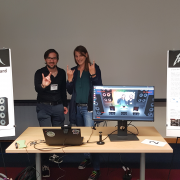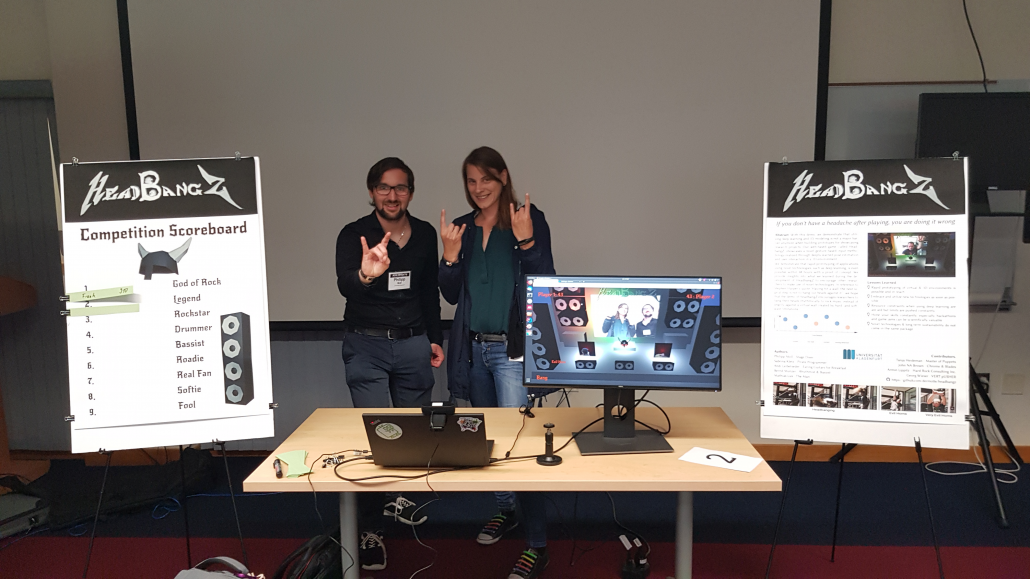Abstract: Universal media access as proposed in the late 90s, early 2000 is now reality. Thus, we can generate, distribute, share, and consume any media content, anywhere, anytime, and with/on any device. A major technical breakthrough was the adaptive streaming over HTTP resulting in the standardization of MPEG-DASH, which is now successfully deployed in HTML5 environments thanks to corresponding media source extensions (MSE). The next big thing in adaptive media streaming is virtual reality applications and, specifically, omnidirectional (360°) media streaming, which is currently built on top of the existing adaptive streaming ecosystems. This tutorial provides a detailed overview of adaptive streaming of both traditional and omnidirectional media within HTML5 environments. The tutorial focuses on the basic principles and paradigms for adaptive streaming – both traditional and omnidirectional media – as well as on already deployed content generation, distribution, and consumption workflows. Additionally, the tutorial provides insights into standards and emerging technologies in the adaptive streaming space. Finally, the tutorial includes the latest approaches for immersive media streaming enabling 6DoF DASH through Point Cloud Compression (PCC) and concludes with open research issues and industry efforts in this domain.
Lecturers: Christian Timmerer, Alpen-Adria-Universität Klagenfurt & Bitmovin, Inc.
Ali C. Begen, Ozyegin University and Networked Media Read more



 Paper Title: Alternative inputs for games and AR/VR applications: deep headbanging on the web
Paper Title: Alternative inputs for games and AR/VR applications: deep headbanging on the web